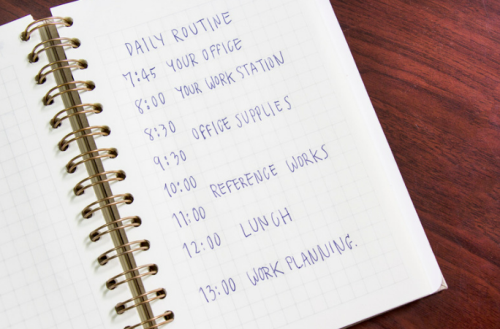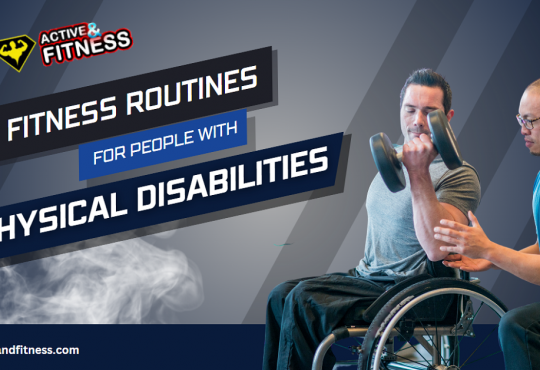
In today’s fast-paced world, juggling a demanding job and family responsibilities can make it challenging to prioritize our health and fitness. Most people are struggling with how to maintain a fit and healthy body in their normal way of life. However, staying fit and healthy is crucial for overall well-being and quality of life. The good news is that with some strategic planning, dedication, and the right mindset, it’s possible to maintain a healthy lifestyle, even when you’re busy at work and with family commitments. In this article, we’ll explore practical tips on how to strike balance and keep your body fit and healthy.
Tips on How to Maintain a Fit and Healthy Body
1. Prioritize Self-Care:
The first step to a healthier you is acknowledging the importance of self-care. Understand that taking time for yourself is not selfish; it’s necessary to recharge and be the best version of yourself for your work and family. Allocate time each day, even if it’s just 15–30 minutes, for self-care activities like exercise, meditation, or simply unwinding with a good book.

2. Set realistic goals.
When you’re balancing work and family life, it’s essential to set achievable fitness goals. Be realistic about the time you can commit to exercise and choose activities that align with your schedule. Whether it’s a 20-minute home workout or a brisk walk during lunch breaks, consistency is key. Gradually build up your fitness routine to avoid burnout.

3. Plan and schedule workouts:
Treat your workouts like important appointments. Schedule them on your calendar and stick to the plan. This not only helps you allocate time but also mentally prepares you for the activity. Early morning or late evening workouts can be particularly effective, as they minimize interference with work and family time.

4. Combine family time with fitness.
Incorporate physical activities into your family time to make fitness a fun and shared experience. Go for family bike rides, and hikes, or play active games together. It not only keeps you fit but also instills healthy habits in your children. It’s a win-win situation for bonding and fitness.

5. Optimize Nutrition:
Maintaining a healthy diet is equally important. Plan and prepare meals in advance to ensure you have nutritious options readily available. Opt for balanced meals with plenty of fruits, vegetables, lean proteins, and whole grains. Avoid processed foods and excessive sugar and caffeine intake, which can lead to energy crashes.

6. Stay Hydrated:
Dehydration can affect your energy levels and overall health. Carry a reusable water bottle with you throughout the day and sip water regularly. Herbal teas and infused water can add variety to your hydration routine.

7. Get adequate rest.
Adequate sleep is crucial for both physical and mental well-being. Establish a bedtime routine that allows you to unwind and ensures you get 7-9 hours of quality sleep per night. Sleep rejuvenates your body and mind, enabling you to tackle your busy days with vigor.

8. Manage Stress:
High-stress levels can negatively impact your health. Incorporate stress management techniques into your daily routine, such as meditation, deep breathing exercises, or yoga. These practices can help you stay calm and focused amidst work and family demands.

9. Seek Support:
Don’t hesitate to ask for help or delegate responsibilities when possible. Share household and childcare duties with your partner or consider hiring help if your circumstances allow. This can free up time for self-care and exercise.

10. Be Kind to Yourself:
Lastly, remember that perfection is not the goal. There will be days when your schedule is too hectic for a full workout or when you indulge in an occasional treat. That’s perfectly normal. What matters most is your long-term commitment to maintaining a healthy and balanced lifestyle.

Your wellness is non-negotiable
How to maintain a fit and healthy body while managing a busy work and family life is entirely achievable with the right approach. Prioritize self-care, set realistic goals, and integrate fitness and nutrition into your daily routine. By making wellness a non-negotiable part of your life, you’ll not only improve your health but also set a positive example for your family.





